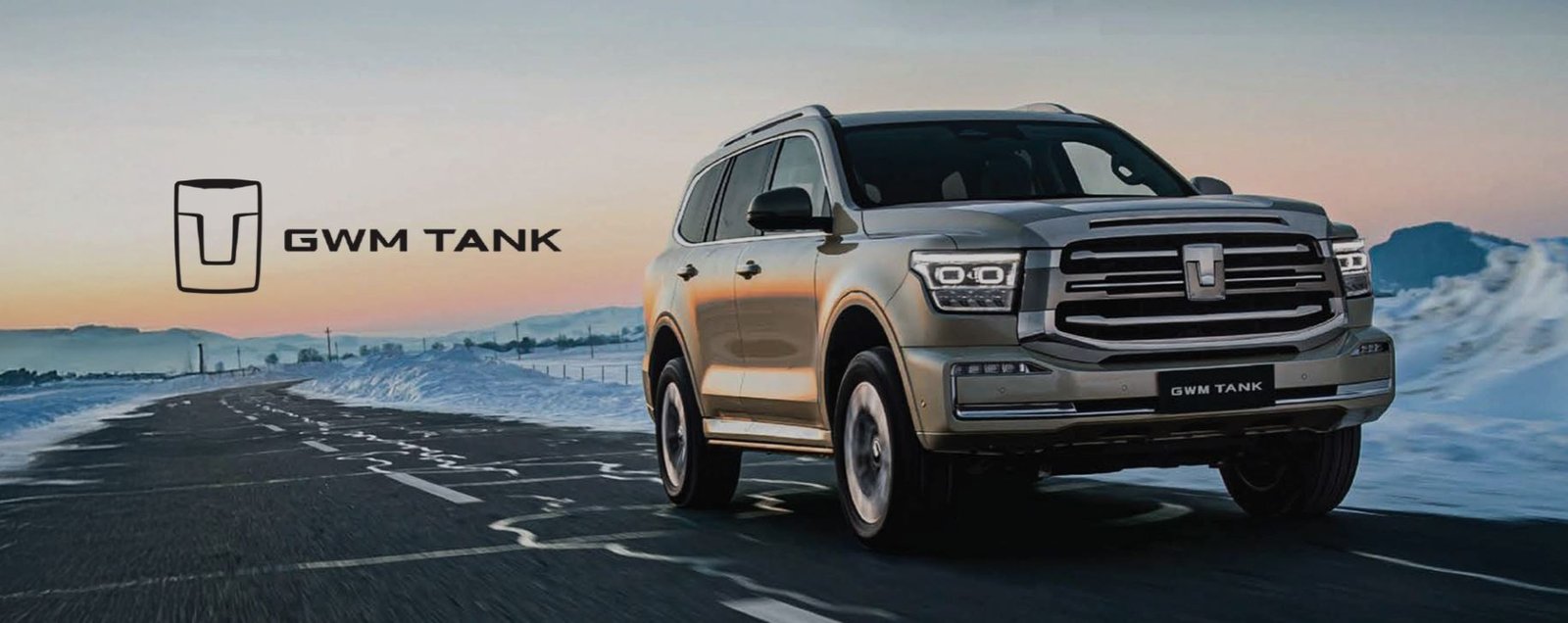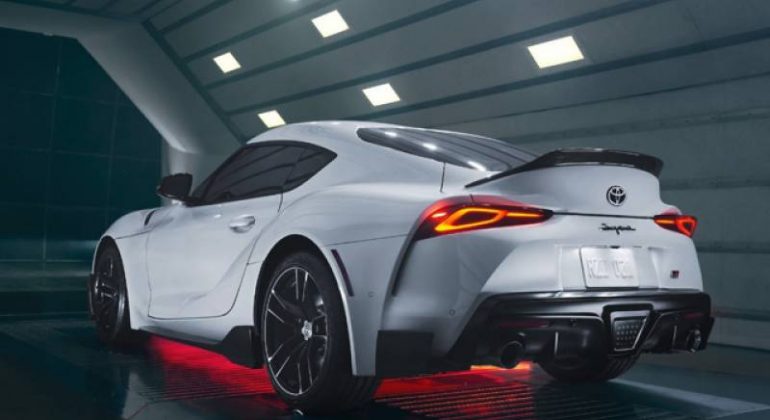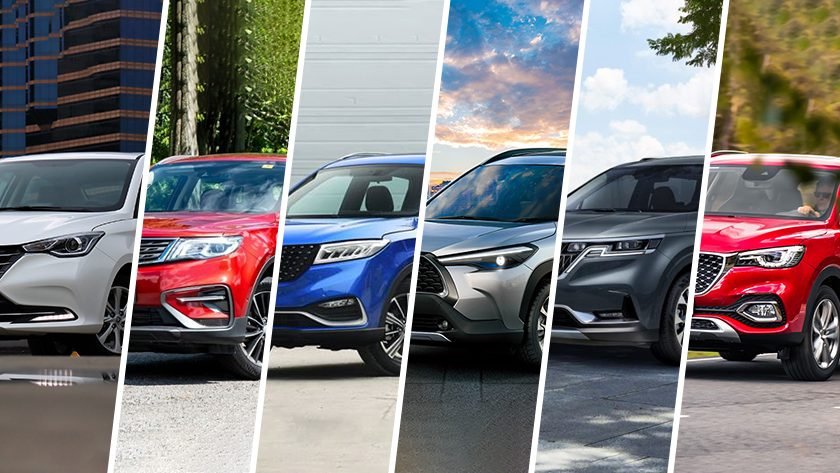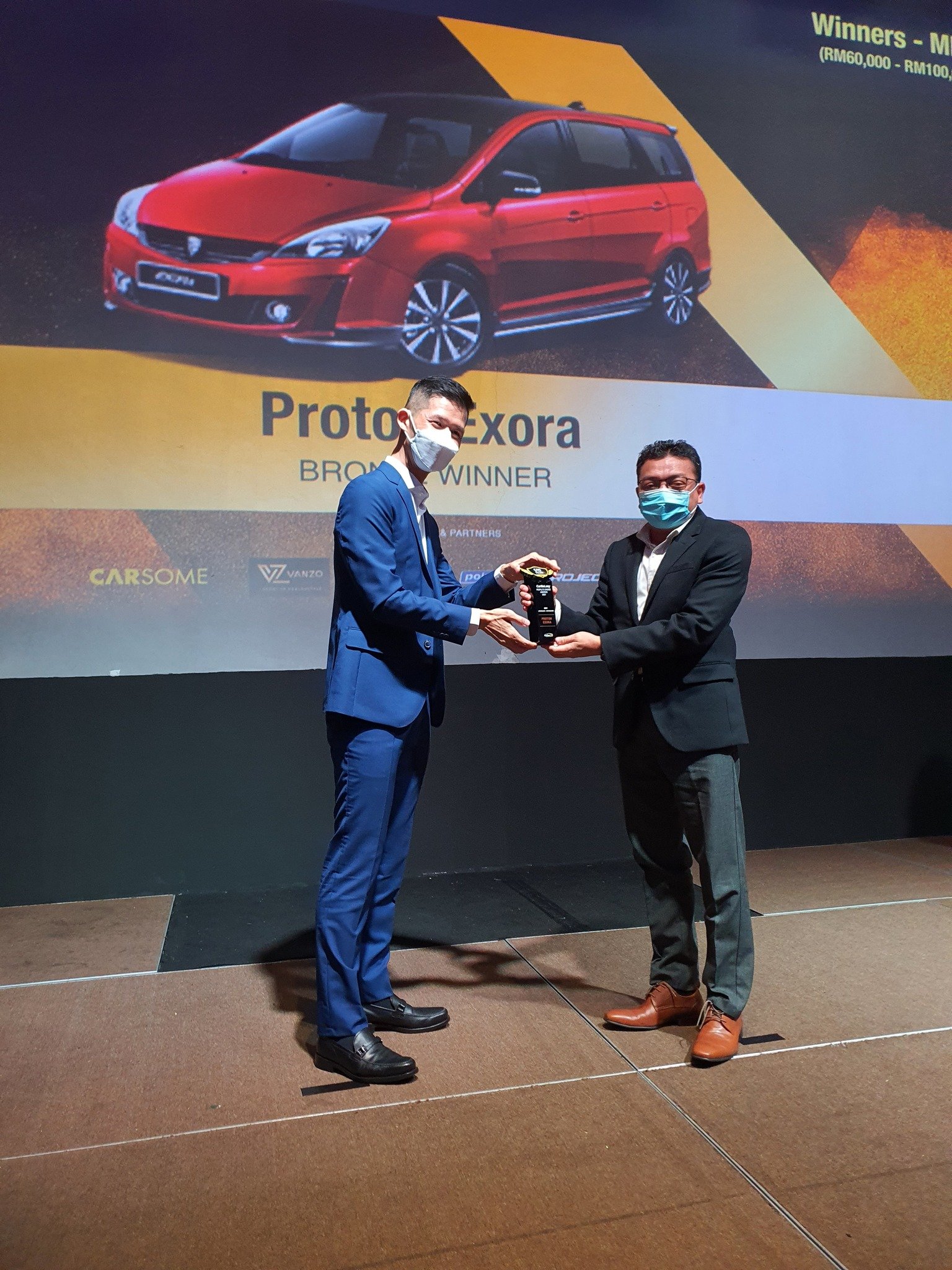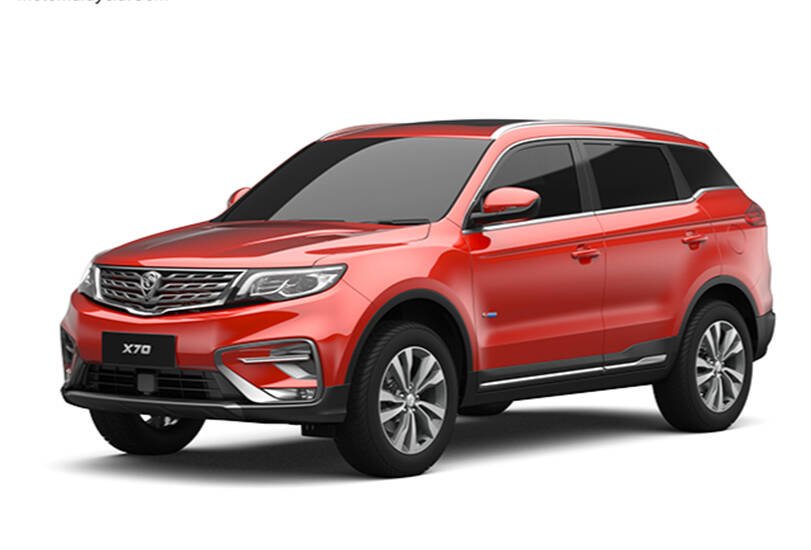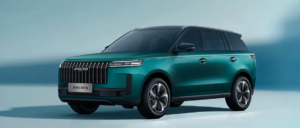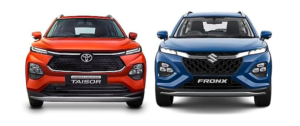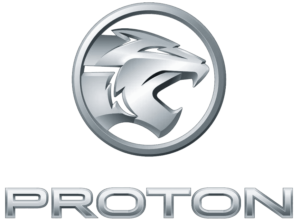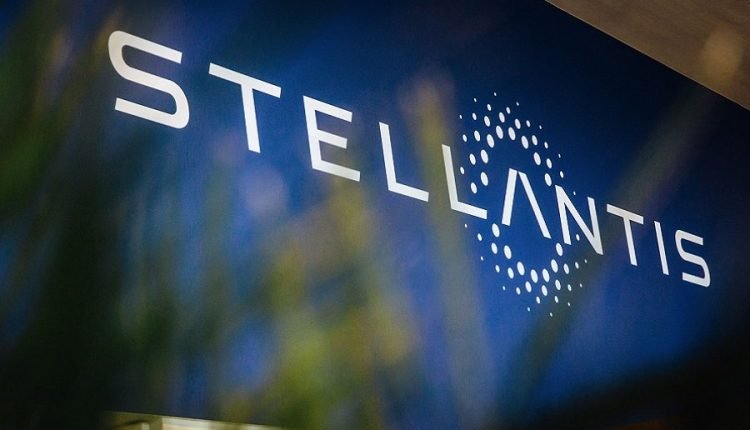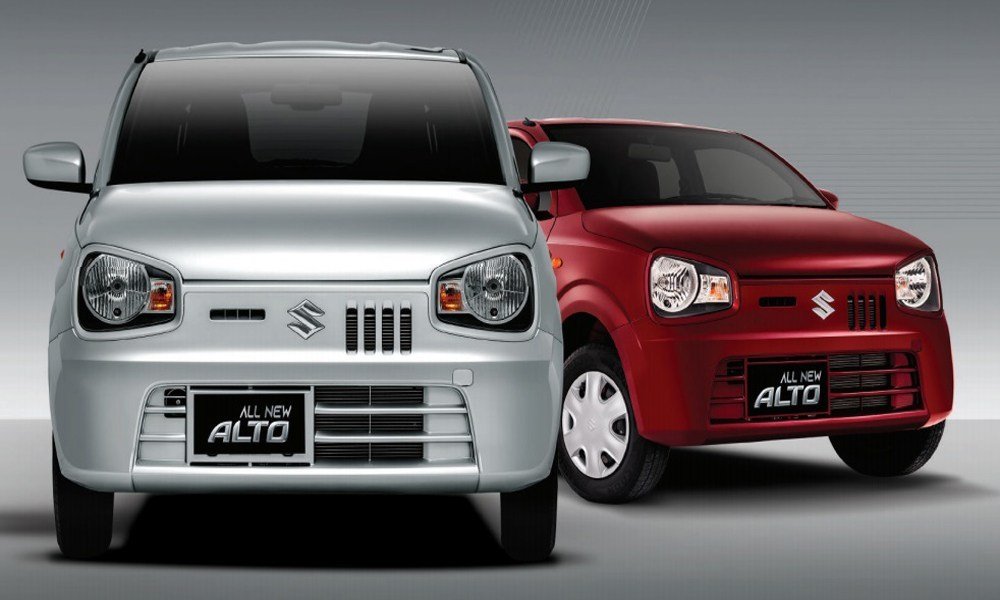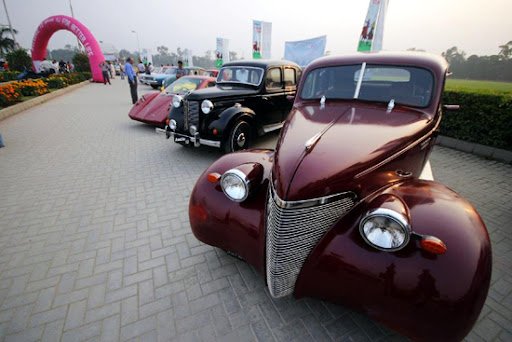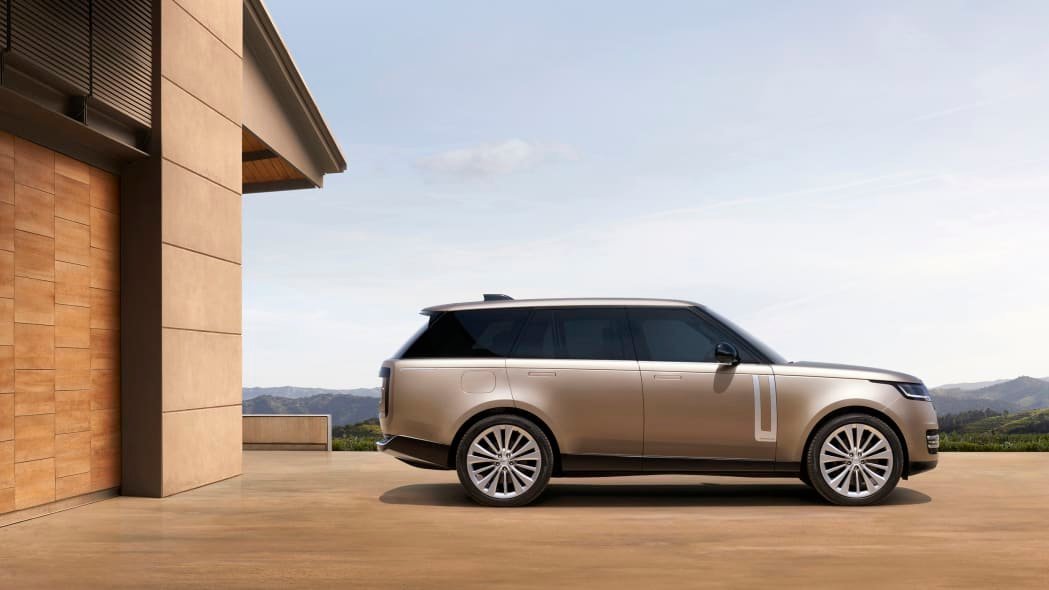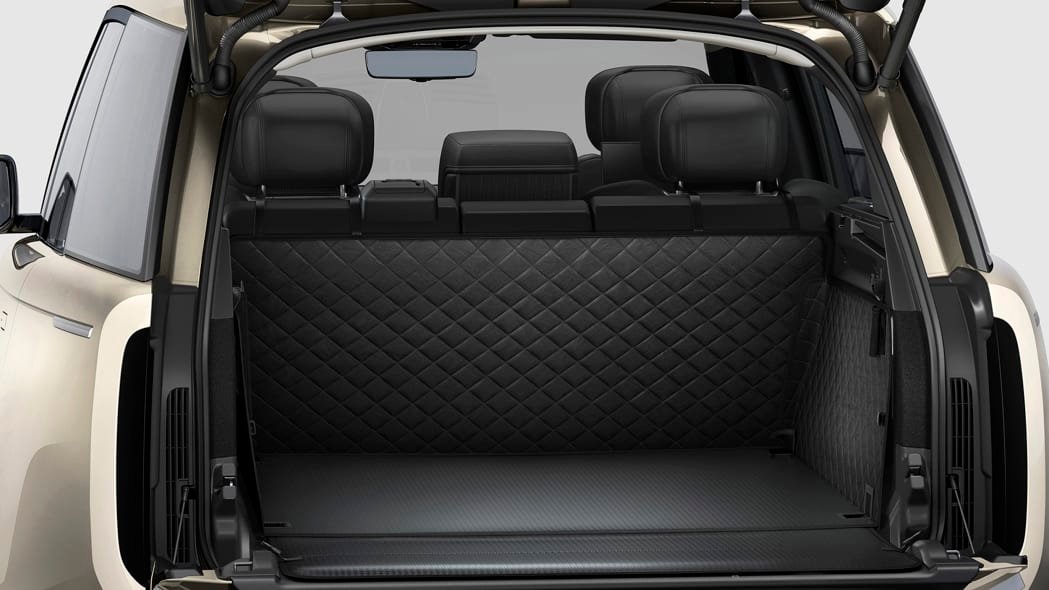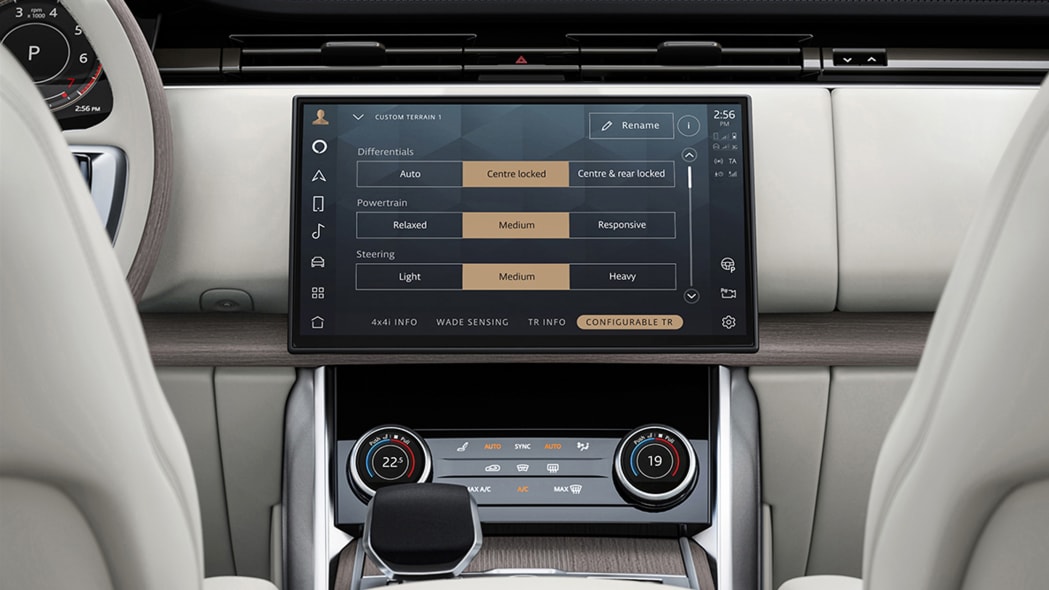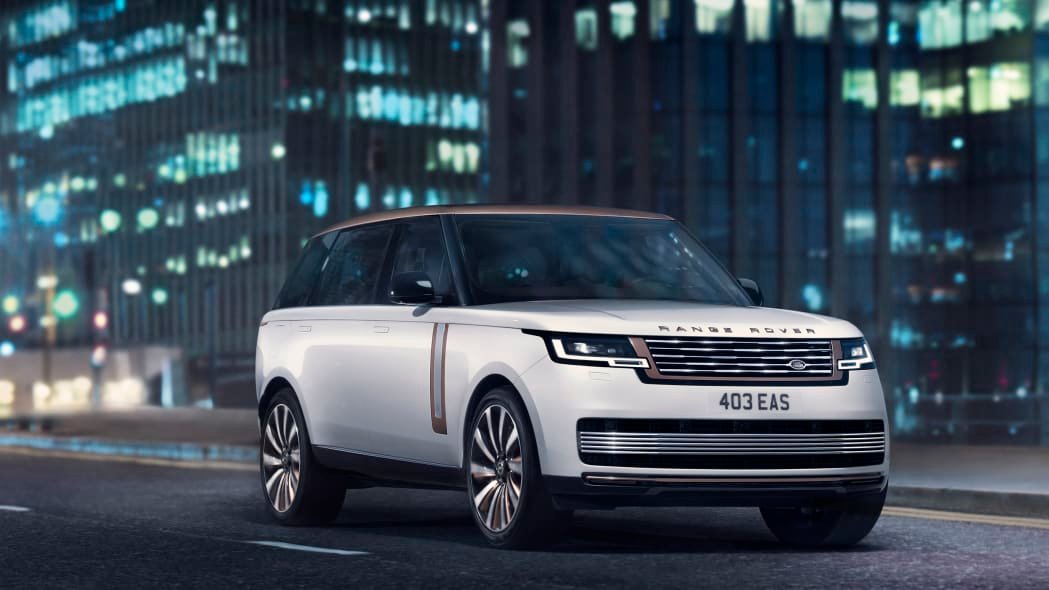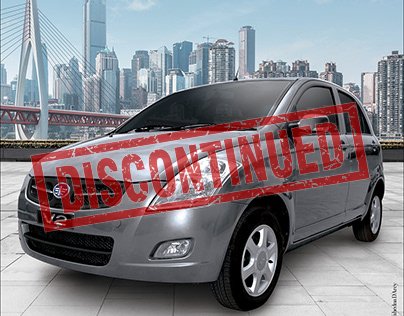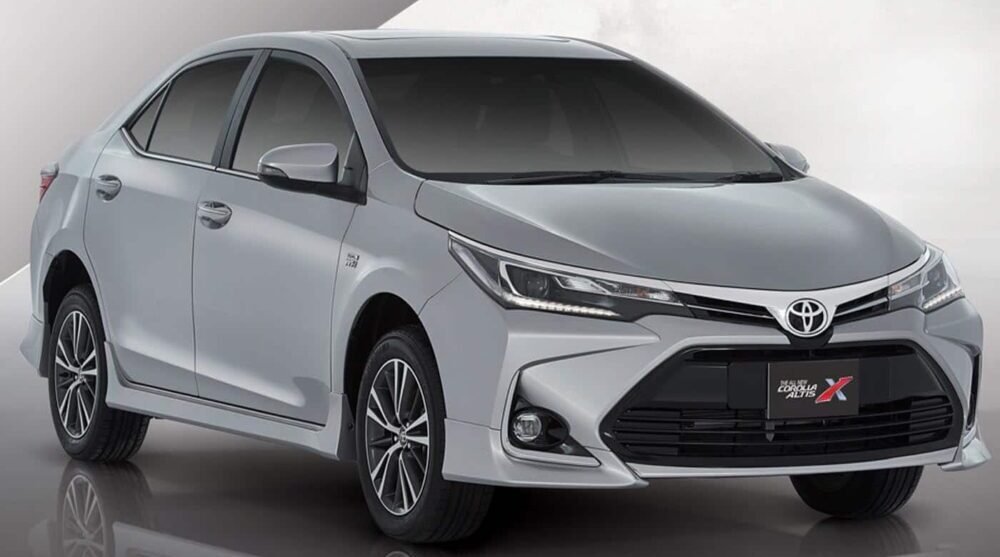“Toyota Supra A91-CF” Makes A Big Debut.
“Toyota Supra A91-CF” Makes A Big Debut.
December 30, 2021 / By Zunair Tahir / News Pakistan
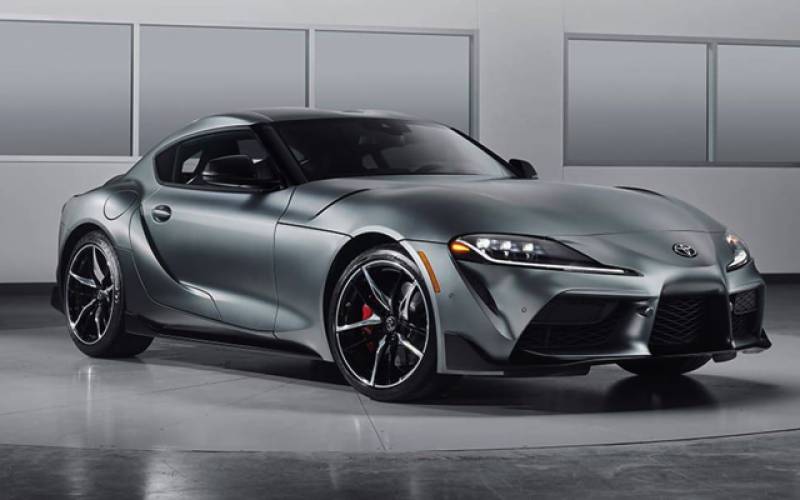
Explosive entry of “Toyota Supra A91-CF”, what new features introduced?
Toyota Motor Corporation Japan has launched a carbon fiber edition of its most popular sports car, the Toyota Supra A91-CF. Car is based on BMW Plat form and its mostly made of carbon fiber which is more stronger than steel and Aluminum.
The reborn generation car “Toyota Supra” was first introduced in 2020 but now with the latest changes its latest model 2022 has been launched. Named the “Toyota Supra A91-CF”, CF refers to carbon fiber. Surprisingly, the latest car, the Toyota Supra A91-CF, has only 600 users from North America. Will be able to get this special version of the Toyota Supra A91-CF.
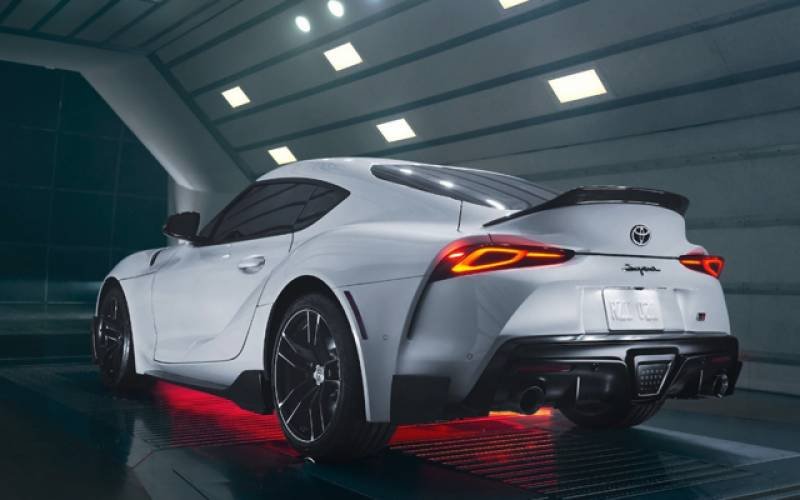
The Toyota Supra was featured in the latest sequel to the movie Fast & Furious, after which it gained immense popularity and has millions of fans all over the world. Made from carbon fiber. The interior of the car has a red and black color theme while the color of carbon fiber is also prominent in it. The 9-inch alloy wheels are also in matte black color, so the sports look of the car is prominent.
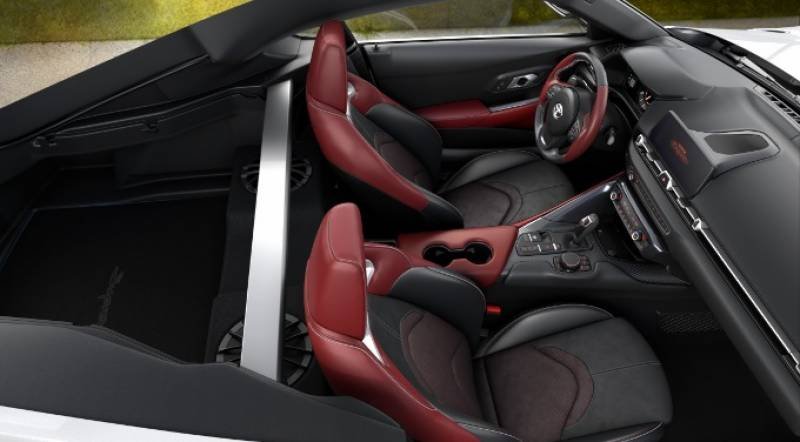
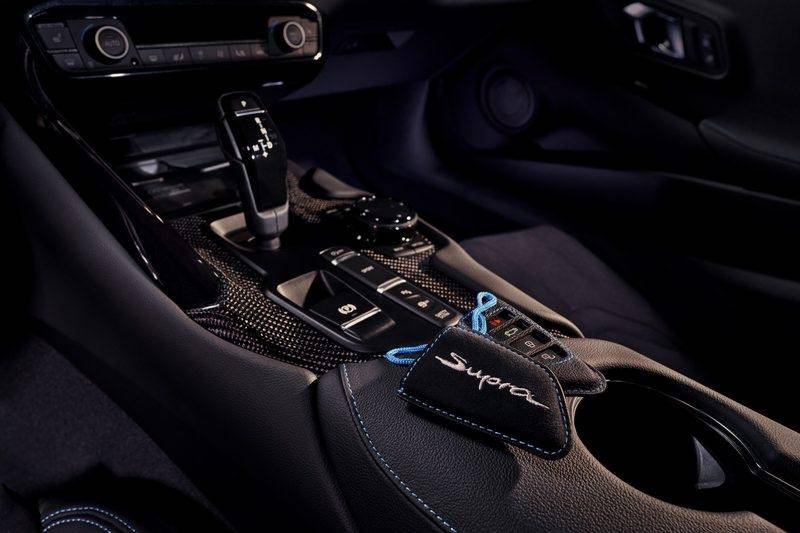
Engine Spec
The Toyota Supra A91-CF has BMW’s 3.0 liter turbocharged 16 engine, a 382 horsepower engine capable of producing 365 pounds of torque. Toyota Supra’s typical 2.0-liter turbocharged 14 engine capable of producing 255 horsepower and 295 lb-ft of torque will continue production.
Price Tag
Rear wheel drive “Toyota Supra A91-CF” is available with eight automatic gears. While the full screen display is only compatible with Apple Car Play, Android Auto will not be able to run on it. Cool and heated seats are also an added convenience. With a base price of “Toyota Supra A91-CF” the delivery cost is US 10 1025 while the company can charge a maximum of US 64305. The minimum price of different models of Toyota Supra is 44315 USD.

